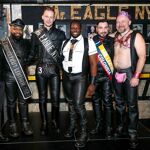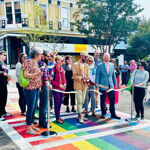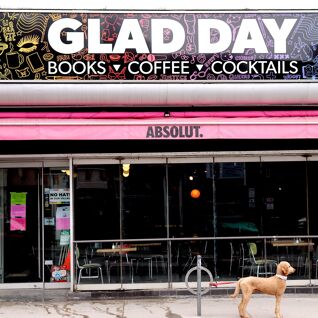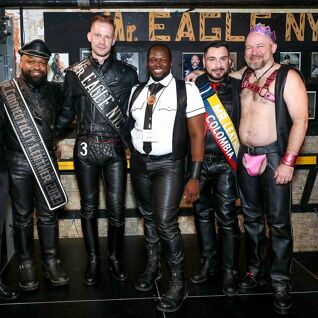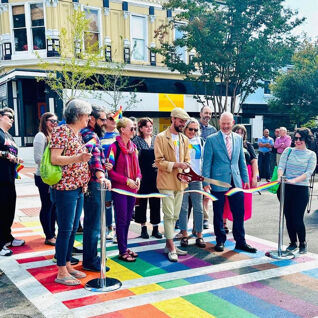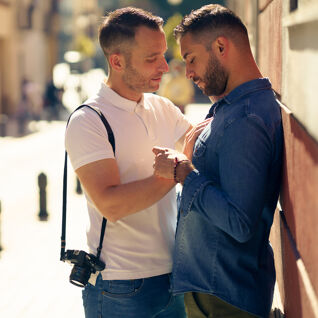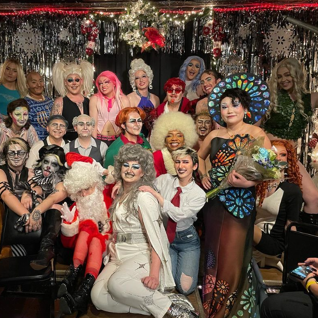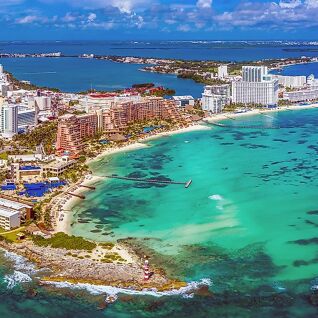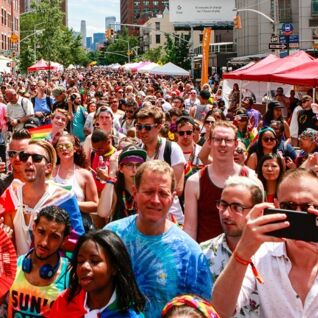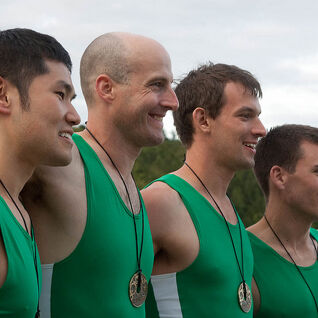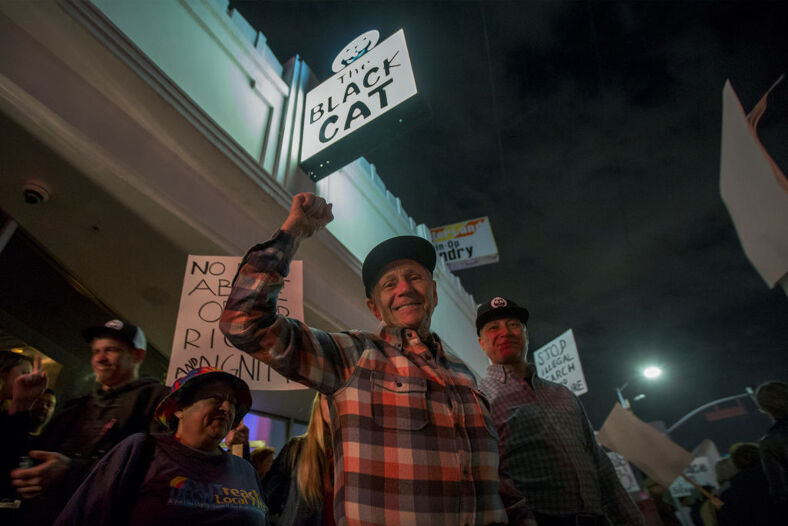
A timeline of queerness stood behind June 1969’s Stonewall Riots as it was immortalized in American history. The Black Cat Tavern in Los Angeles held a protest months before and was recognized as the first LGBTQ civil rights demonstration of its time.
The queer community debates which historical event should be credited with propelling society forward the most; however, progress is a product of a unity that cannot be divided into trophies.
Chronologically, you would’ve found yourself first in 1966 on Sunset Boulevard for New Year’s Eve. The Black Cat Tavern had opened its doors a couple of months prior to a very different version of the California we know and love today, where laws made it illegal for men to kiss in public or dress in drag.
Undercover (and off-duty) cops snuck into the venue and assaulted men who exchanged kisses at midnight. A dozen unidentified, trained personnel sprung violence on any visible queerness and met any resistance with brute force. Some people arrested were charged with lewd conduct, found guilty by a jury, and registered as sex offenders. Two of those men appealed, but the US Supreme Court declined to take their case.
The police raid was just one instance of queer people facing abuse across the country, and on February 11th, the gay bar hosted hundreds of LGBT people peacefully protesting police brutality and sexual discrimination.
It’s no coincidence gay New Yorkers rioted the summer following headlines of this demonstration.
Our sister site LGBTQ Nation explained a critical distinguishing difference between what occurred at the Stonewall Inn and the Black Cat Tavern: The latter was never a riot, rather a peaceful protest that manifested months after LAPD raided the establishment and wreaked havoc on the bar’s gay patrons.
The Black Cat Tavern closed later that year. The other gay bars at the duplex, Bushwhacker, and Le Barcito, remained open until 2008. The premises is now a Los Angeles Historic-Cultural Monument.
In 2012, a gastropub opened where the former bar used to be; it branded itself as the Black Cat. The upscale pub no longer caters to an exclusively queer clientele, though the bar recognizes the establishment’s history on its website.
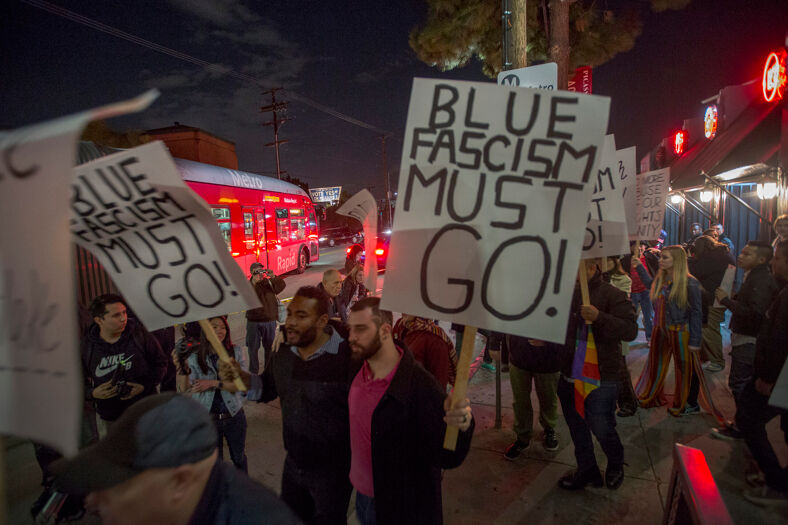
On the 50th anniversary of the demonstration, Californians brought deja vu to the Silver Lake neighborhood of Los Angeles when they gathered around the Black Cat to continue where the original protesters left off. They dressed in 1960s-era clothing and carried picket signs with the same slogans, including “Silence = Death,” “Peace in Silverlake,” “Stop illegal search and seizure,” and “Blue fascism must go.”
An openly gay Los Angeles city councilman helped organize the anniversary event and told the LA Times the authoritative abuse faced by the original protesters parallel Trump’s administration attacks on LGBTQ+ rights.
The nuances of the policies in question might’ve changed, but Black Cat Tavern’s purpose continues with the protesters of Sunset Blvd. Despite being acknowledged as a California Historic Landmark, the Black Cat’s new owners don’t exactly uphold the legacy of their predecessors.
And that’s okay. The significance of the bar in history is carried by modern activists like a baton.
Queerness seems to exist in Groundhog Day at the mercy of political parties, but remembering the protesters who came before us helps us to see how far forward we’ve already come and to keep marching ahead.
Related:









